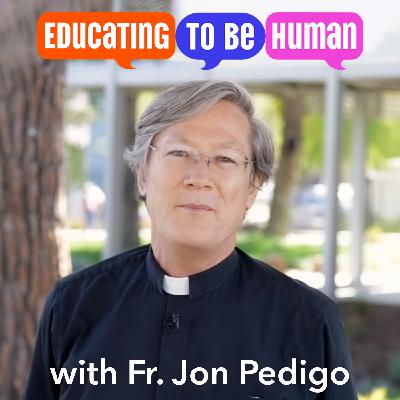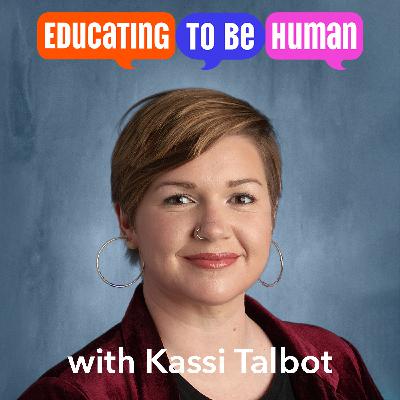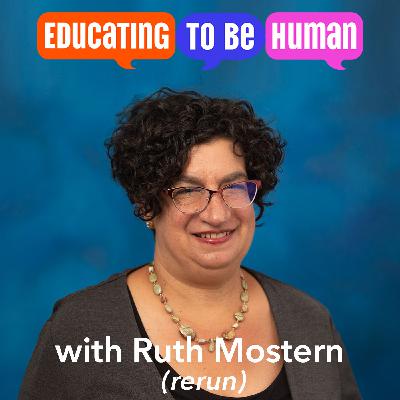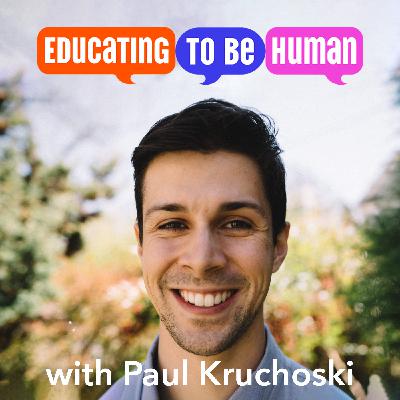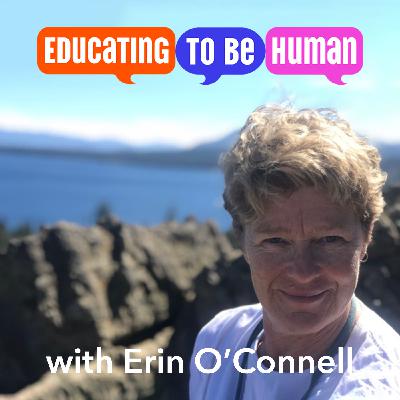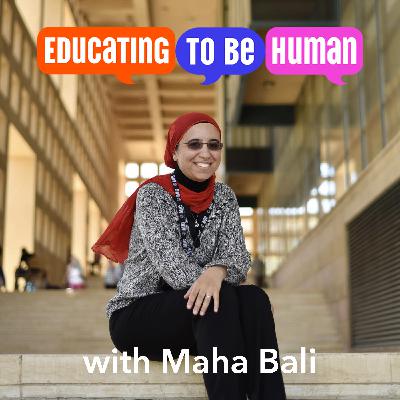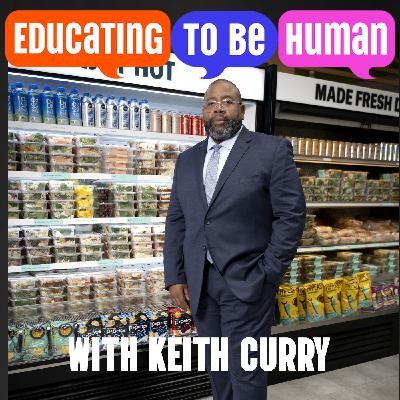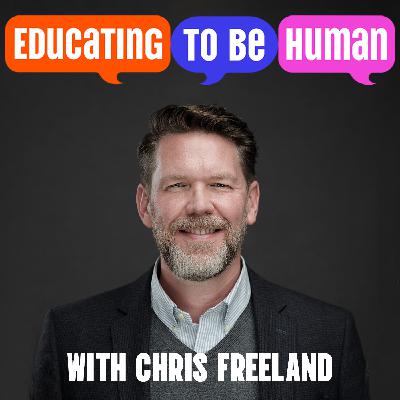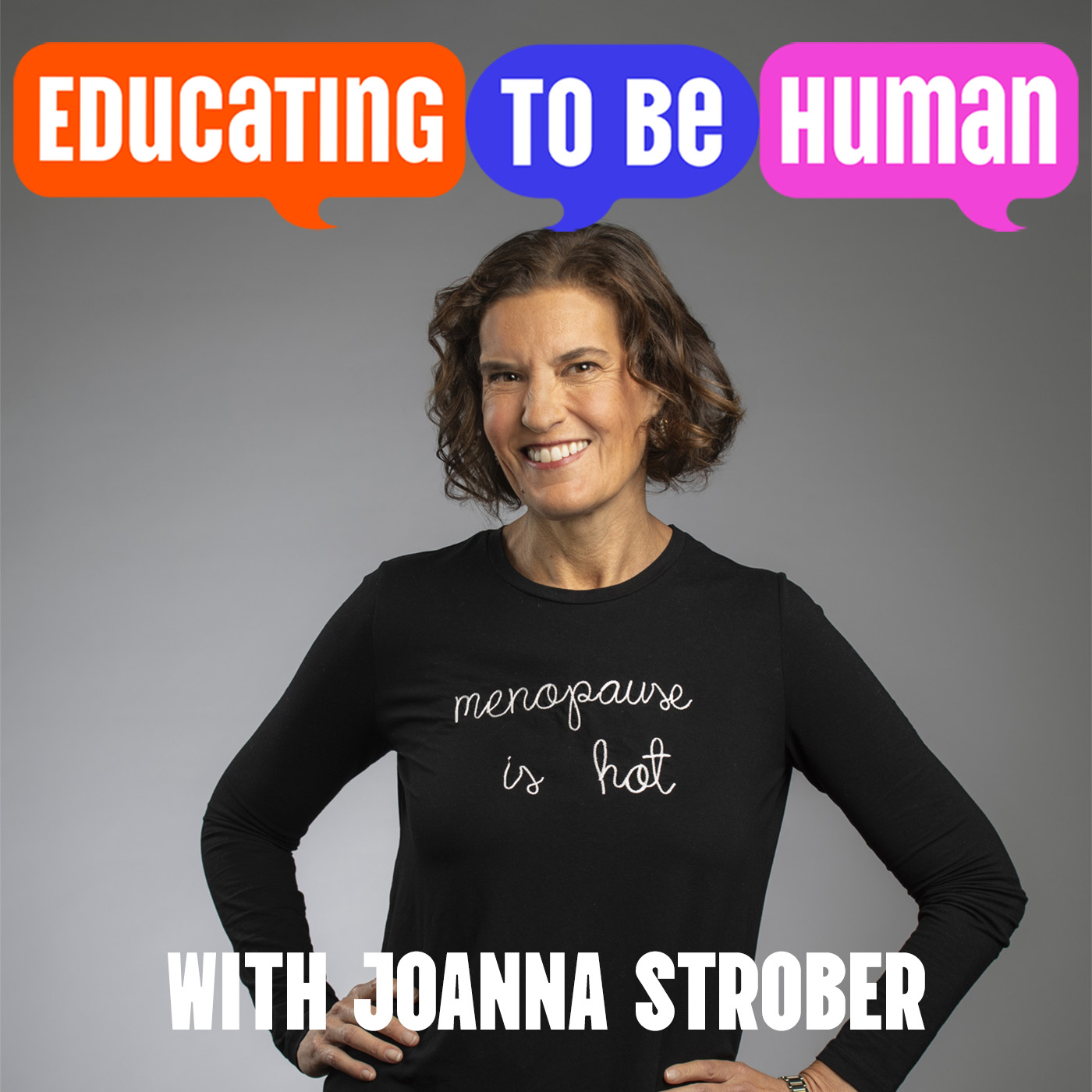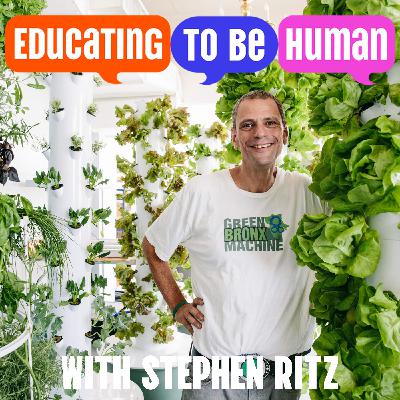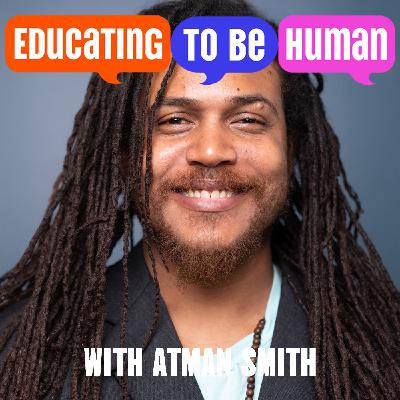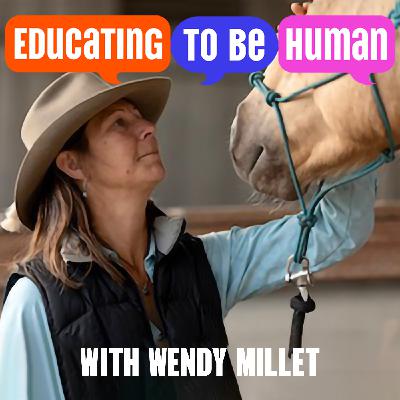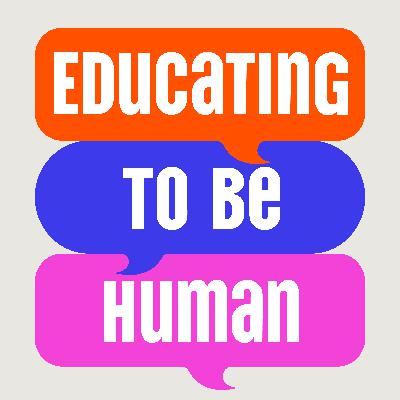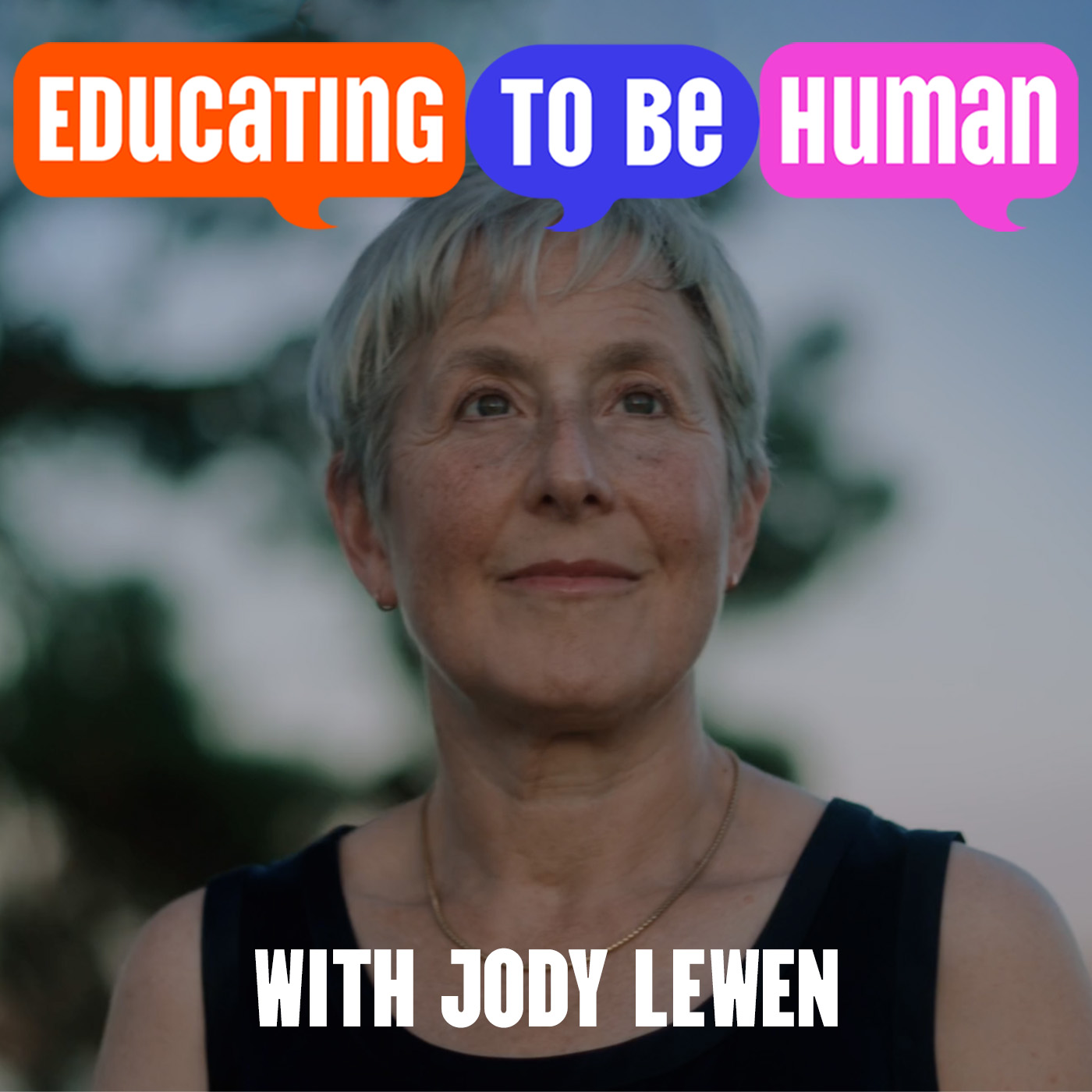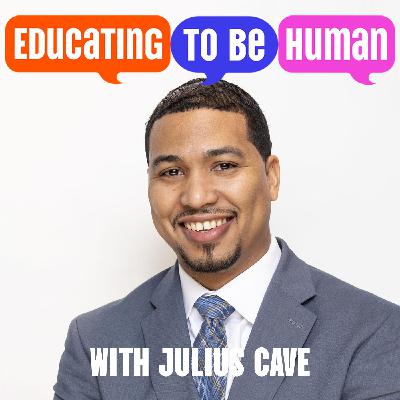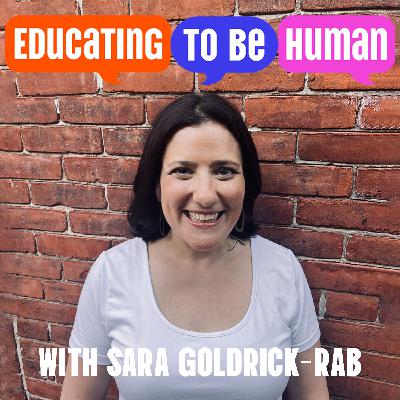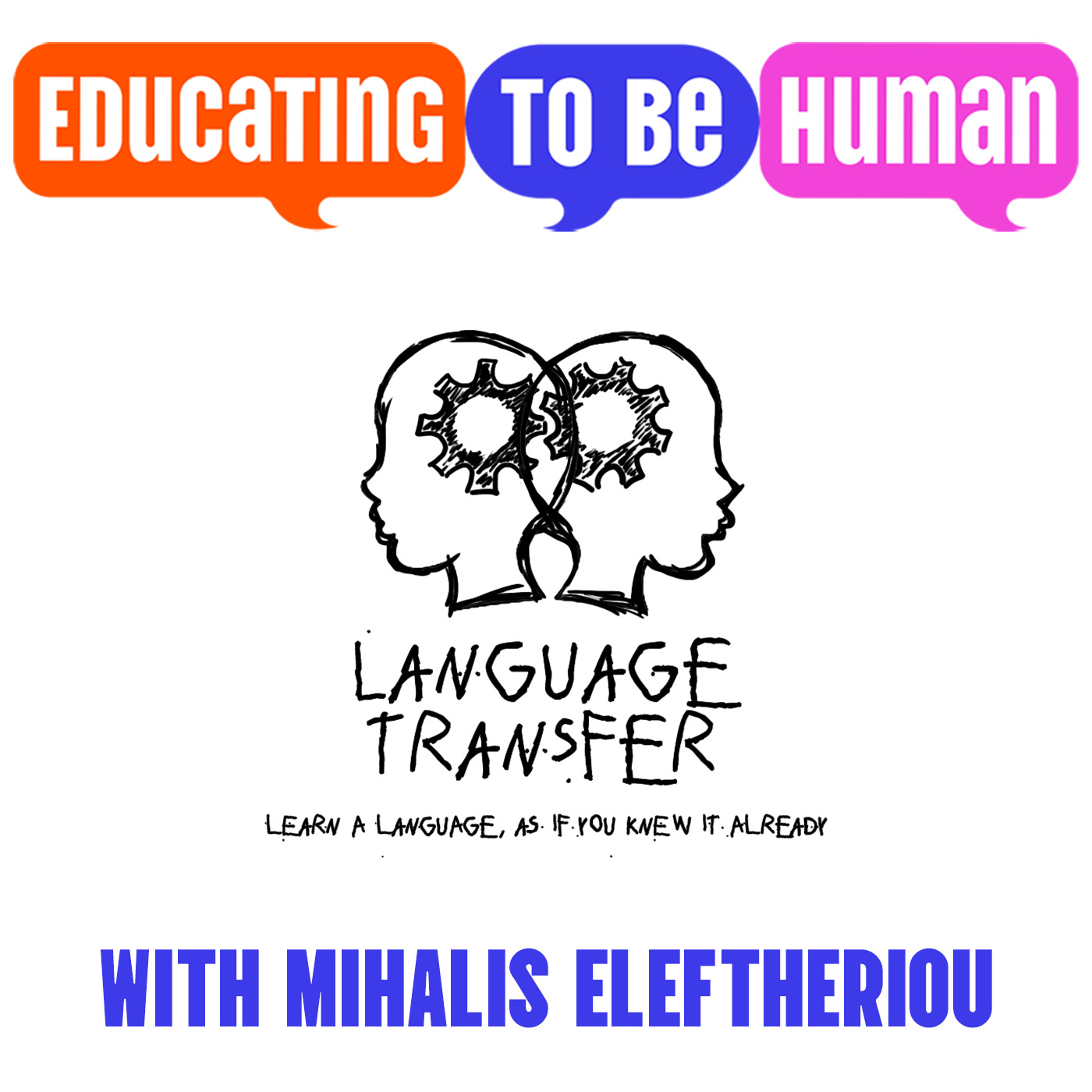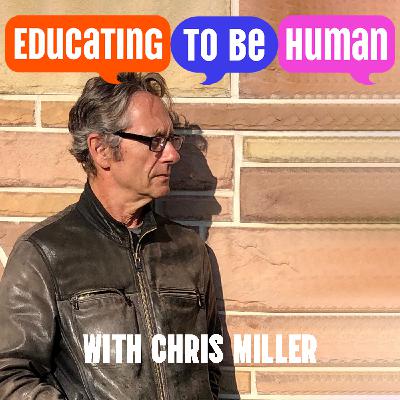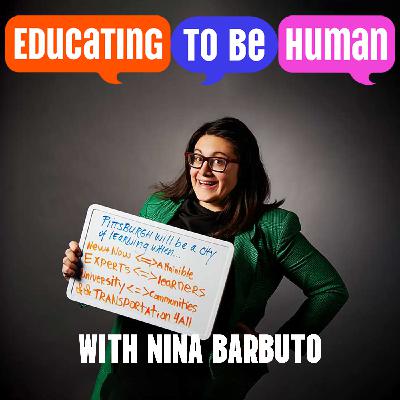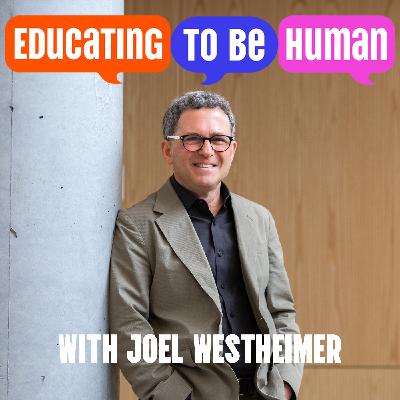On Faith, Community Organizing and Belonging with Fr. Jon Pedigo
Description

In this episode of Educating to be Human, Lisa is joined by Jon Pedigo, known by some as Father Jon. He is a longtime social justice advocate and activist, faith leader within the Catholic diocese of San Jose, and the new executive director of People Acting in Community Together, or PACT. In conversation, they explore what it means to rebuild connection in a time of deep division, how faith communities can act as ancient technologies for compassion and healing, and the power of grassroots organizing to help people claim their own agency and voice, particularly in difficult times.
Fr. Jon Pedigo, a Bay Area native, has been active in civic affairs and social justice causes for over 35 years in the Bay Area.
Working with the interfaith community of Silicon Valley, labor, community organizers, and civil rights activists, Fr. Jon was just named the Executive Director for PACT, People Acting In Community Together. In his previous position as the Director of Advocacy and Community Engagement for Catholic Charities of Santa Clara County, he developed a methodology of trauma-informed community organizing for people living in chronic poverty, refugees, and immigrant families. Fr. Jon has been acknowledged as a social justice advocate for immigrants and social change by many local organizations and received commendations from various public officials.
Resources:
https://www.cliniclegal.org/stories/grupo-de-solidaridad-brings-community-together
Transcript:
Jon Pedigo:
The core of our humanity and what defines us isn't these separations, but it's our ability to care and heal. And through that kind of impulse religions kind of evolved as a technology to pull out of the best of humanity, our ability to connect to each other and to connect to the divine.
Lisa Petrides
This is Educating to be Human. And I'm your host, Lisa Petridis, founder of the Institute for the Study of Knowledge Management in Education. In each episode, I sit down with ordinary people, creating extraordinary impact people who are challenging notions of how we learn, why we learn, and who controls what we learn. Thank you very much for listening.
Lisa Petrides
I'm so delighted to be speaking with Jon Pedigo today. Also known by some as Father Jon and he is a longtime social justice advocate and faith leader within the Catholic Diocese of San Jose, California, and the new executive Director of People Acting in Community Together or PACT. Pact. And in our conversation, we explore what it means to rebuild connection in a time of deep division and how faith communities can act as ancient technologies for compassion and healing.
Lisa Petrides
And the power of grassroots organizing to help people claim their own agency and voice. So welcome, Jon and thank you for being with us here today.
Jon Pedigo:
Thanks, Lisa.
Lisa Petrides
So we're living in a time of fragmentation, right? Deep polarization, ICE raids in cities, authoritarian impulses on the rise. I mean, even technology is threatening to replace human connection. What do you see as the defining challenges of this moment?
Jon Pedigo:
What are defining challenges of this moment really are in just the profound loss of relationships that are in our community, the sort still profound separation, the divorce that happens in families because of ideology and politics. And in many cases, for good reason that people just simply aren't safe in their homes or in their families. They're not feeling safe in their churches and not feeling safe in their workplaces.
Jon Pedigo:
They can't really speak their mind. They can't speak out of their heart. So it is not just policy and politics, but it is this very bizarre impulse of division that really is more like a divorce and not a disagreement. And that's kind of where we're coming from on this.
Lisa Petrides:
So in the face of this fear and hostility and division, what role can faith communities and spiritual traditions play in bringing people together?
Jon Pedigo:
Yeah, that's a great question. I was actually giving a talk the other day, and I brought this, I used religion as a kind of explaining it as, like an ancient technology that, is used to enhance, magnify, amplify our most human dimension, which is compassion and caretaking. Like Margaret Mead said, the sign that she found. And I think there's an old saying, but she just said that the the oldest sign, the oldest indication of human civilization is a healed femur, because that would indicate that the humanoid that was injured was cared for rather than left.
Jon Pedigo:
And if you're kind of cutting one's losses that this member of this group of humanoids had felt that it was important that we need to kind of stay together and including this weak person this kind of this link that isn't the strongest. And so that indicated that there was, a decision of care. So that would indicate that at the core of our humanity and what defines us isn't these separations, but is our ability to care and heal.
Jon Pedigo:
And through that kind of impulse. Religion's kind of evolved as a technology to pull out of the best of humanity, our ability to connect to each other and to connect to the divine. However, that was defined by early human groupings and societies to find a way to protect and to nurture each other, and especially to pay attention to the weakest among us.
Jon Pedigo:
And so that religion, that dimension is dependent on three things. First is that we're connected to each other, that we are connecting out of concern that there is a there's a connection, a social bond, a connection that kind of a I don't know what you would call it, a kind of a covenant. Although that covenant with that concept evolved much, much later.
Jon Pedigo:
But there is a a real bond of connectivity. The second thing that's important to recognize is that this bond is connected to actual everyday decisions, right? You know how we're going to actually do things, how we're going to run our how we're going to run our tribe, how we're going to run our our society are going to run this village.
Jon Pedigo:
It's with that concern. And the third part is, of course, the divine is that, that that cover all overall sense of that. We stand before some kind of force that could be defined as a nature, could be defined as a spiritual contact, a certain existential dimension of us, that we're connecting to that. So those three pieces kind of bring together what what kind of early religions, religious systems.
Jon Pedigo:
And so religion is that technology. The work that I do today, you know, hundreds of thousands of years later is, you know, it hasn't changed that much, especially in community organizing, that we spend the time to understand the impact of, of injuries caused by poverty, violence, lack of access to housing, the constant fear of lives being separated, destroyed by deportation, or just the trauma of having violent experiences, of having to leave one's own country, not out of one's own will, but out of necessity, working with people that have seen death, that have lost their children in a jungle, crossing a river, in the Darien Gap.
Jon Pedigo:
People walking across countries. These are people that we know. These are people that are our base. And there's this trauma that's happened. And so our work is, first of all, understanding the human reality that we are broken by this. And so, you know, when we talk about human organizing, it's not just jumping into an issue like if, I'm snapping my fingers, ha.
<p class=
